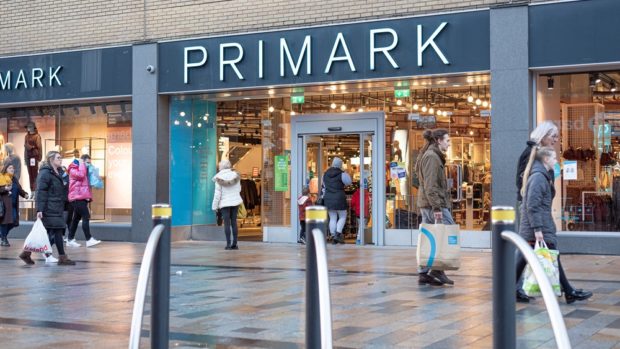As the tightening of lockdown measures has come back into play, it is imperative for retailers to plan ahead and think innovatively about how they can optimise their online presence. This is according to James Allen-Lewis, development director at Sonassi, who fears many eCommerce retailers are overwhelmingly unprepared for the second wave of COVID-19 in addition to the golden quarter.
These concerns are exemplified by a recent survey by Brightpearl which found over half of UK retailers made no changes to their business models in preparation for another global outbreak. The survey also discovered only 56 per cent of merchants believe their business could survive a potential spike in cases, forcing us to consider the detrimental impact on the UK retail industry in the coming months.
Allen-Lewis explains: “The ongoing pandemic has resulted in an increased demand for retailers to invest more heavily in their digital presence. While some merchants have taken extra steps to enhance their eCommerce infrastructure, the vast majority are still falling behind as they simply did not have the time to assess and plan for a second wave and subsequent collision with this year’s peak period.
“A prime example of this disparity is supermarket giant Tesco’s ability to ramp up its online delivery capacity to over 1 million slots per week from 660,000 just a month after the crisis first struck. Some supermarkets, with traditional, out-dated eCommerce infrastructure, as well as smaller, indie retailers, on the other hand, have been unable to wholly adapt to this sustained demand for eCommerce. As a result, they are less likely to cope with the mounting pressures of the new age of online shopping.
Allen-Lewis continues: “With the golden-quarter now here, retailers and supermarkets must ensure they have made the necessary preparations for an increased demand on their eCommerce platforms. By opting for a digital first strategy, retailers will ensure they are able to not only survive the second wave of COVID-19, but also thrive.
“One of the main issues supermarkets faced back at the beginning of the pandemic in March was coping with increased demand, resulting in many customers faced with crashed websites and long online queues. The retailers that are able to respond quickly to increased demand, partnered with a robust and easy to use eCommerce presence, that will outperform those that don’t.
“The recent cyber-attack on 2,000 Magento 1 stores in what has been described as the largest documented campaign since 2015, is indicative of the fact that many online retailers and supermarkets still do not have the basics in place. To ensure retailers safeguard their online capabilities successfully, simple steps such as basic cyber security best practices should be at the top of retailer’s agendas, with regular updates to passwords and multi-factor authentication not to be overlooked.
“Consumers will look to sites that already offer speed, security and ease of ease, meaning retailers must hold off on investing in innovative features for their eCommerce infrastructure until they have basics covered. That being said, even retailers offering a flawless online experience and incredibly intuitive interface still need to tread carefully around devices such as video and sound. A successful eCommerce store will offer customers the choice of tailoring their online experience, rather than frustrating them with gimmicks and thus pushing them to look for alternative options.
“Tactics such as personalisation, marketplace selling and providing the ultimate online delivery service will also be pivotal for retailers who have established the basics and are looking to remain competitive beyond the second wave. Successful merchants will utilise data to offer unique deals and not overpromise on items like next-day delivery if they wish to retain their customers,” Allen Lewis concludes.








Share